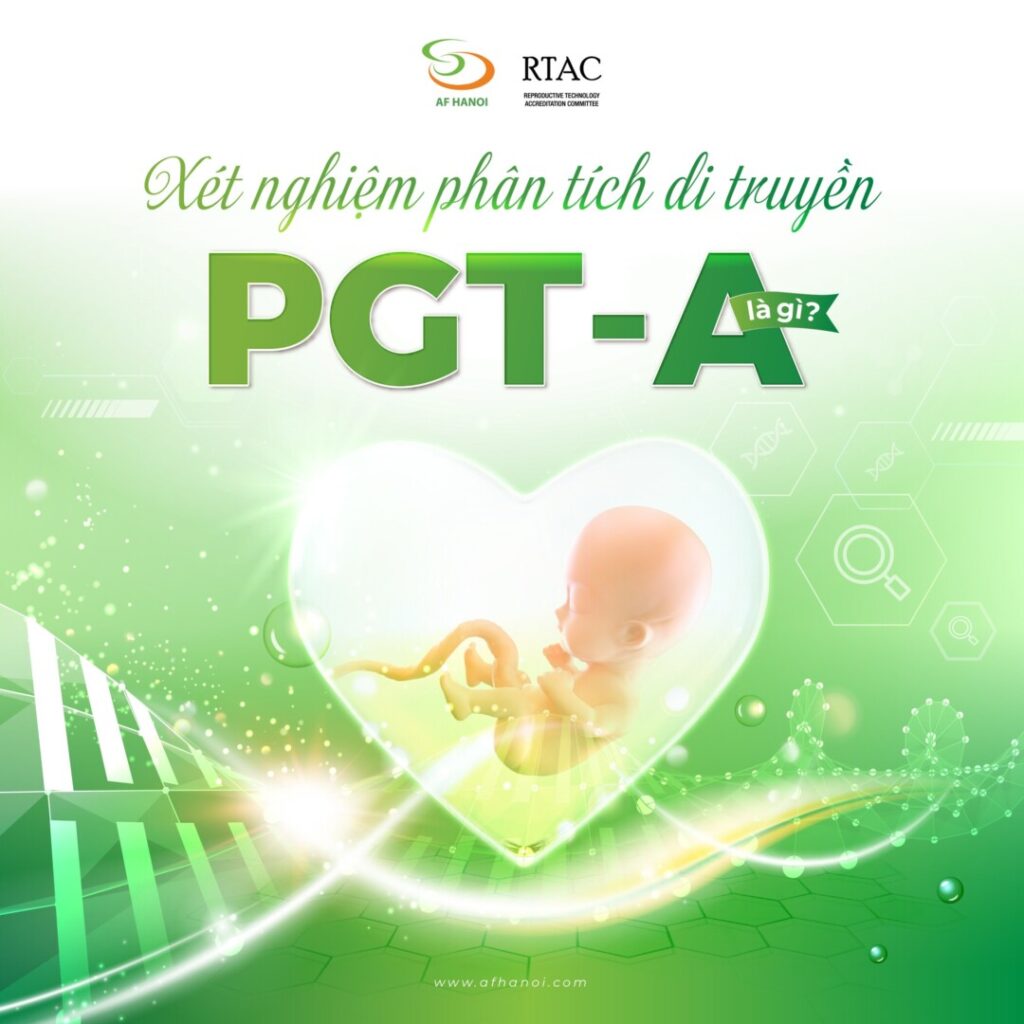
Preimplantation Genetic Testing for Aneuploidy (PGT-A) is an advanced genetic testing method that helps identify abnormalities in the number and structure of chromosomes (chromosomal abnormalities) in embryos. Performed during in vitro fertilization (IVF) treatment, PGT-A helps genetic experts screen for healthy embryos that do not carry chromosomal abnormalities, allowing them to select the best embryo for implantation into the mother’s uterus.
- PGT-A not only helps detect major abnormalities like chromosomal deletions or duplications but can also identify chromosomal mosaicism, which is extremely important for optimizing the chances of a successful pregnancy.
- The Importance of PGT-A Testing
- PGT-A testing is particularly important for couples undergoing IVF, especially for women over 35 years old. Studies have shown that as the mother’s age increases, the likelihood of chromosomal abnormalities in embryos rises, reducing the chances of implantation and increasing the risk of miscarriage. PGT-A helps effectively address these issues by:
- Selecting healthy embryos: The test helps identify embryos that do not have chromosomal abnormalities, thus increasing the chances of a successful pregnancy.
- Reducing the risk of miscarriage: Embryos with normal chromosomes are more likely to implant and develop healthily, reducing the risk of miscarriage.
- Increasing the chances of a healthy baby: Selecting high-quality embryos helps increase the likelihood of having a healthy baby and avoids birth defects caused by chromosomal abnormalities.
- Reducing the risk of multiple pregnancies: PGT-A allows specialists to accurately select embryos, reducing the chances of multiple pregnancies.
- Who Should Undergo PGT-A Testing?
- PGT-A is suitable for most couples undergoing IVF, especially for the following groups:
- Women over 35 years old: Women age increase, the risk of chromosomal abnormalities in their embryos also increases. PGT-A helps screen for healthy embryos and improves the chances of a successful pregnancy.
- Multiple IVF failures or recurrent miscarriages: If couples have repeated embryo transfer failure or repeated miscarriages, PGT-A can help identify the cause and select better-quality embryos.
- Family history of chromosomal disorders: If there is a family history of congenital defects or chromosomal disorder, PGT-A is an effective screening method to reduce the risk of carrying these abnormalities.
- Severe male infertility: In cases of severe male infertility, particularly involving the AZF region (the gene region related to sperm production).
PGT-A is a breakthrough in assisted reproductive technology, helping couples increase their chances of a successful pregnancy and the birth of a healthy baby. By thoroughly screening embryos, PGT-A not only optimizes IVF outcomes but also minimizes the risk of miscarriage and fetal abnormalities.

